SGGP
In the vibrant flow of imported music, many people still reserve a priority place in their hearts for traditional music. For them, traditional Vietnamese instruments create vibrations that no modern musical instrument can achieve.
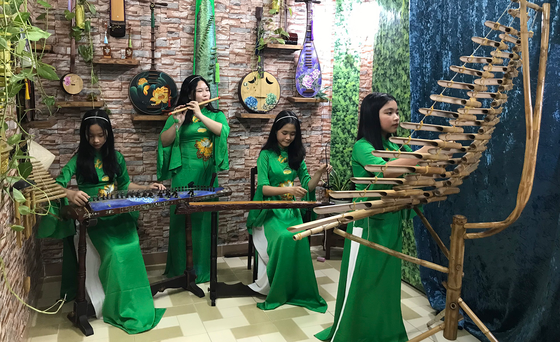 |
| Young students play together in a traditional musical instrument class in Ho Chi Minh City. |
Keep the traditional sound
At a zither class at the end of a small alley in Tan Binh district, Ms. My Dung (41 years old, office worker) started her first zither lessons after 35 years of dreaming. Ms. Dung said: “When I was 6 years old in Cu Chi, I saw a woman in the neighborhood playing the zither, I liked it right away. I thought this was a subject for... the rich, I just stood from afar and watched. Growing up, I still had that desire, often playing zither music to listen to when I had free time.” Therefore, when she was over 40 years old, her life was stable, Ms. Dung was determined to sit next to her favorite instrument once in her life, and she went to a music center to learn music.
Meanwhile, Bao Ky (30 years old, studying in France) came to the monochord not only because he wanted to share very Vietnamese melodies with friends around the world but also because he was worried about "losing collective memory". When he realized that his generation of friends hardly knew about the zither and monochord, and even could not access clips of traditional music performances, Ky worried: "Many of our young people do not know how to enjoy the wonderful things that are ours anymore, I feel so sad". However, when he went to the monochord class, he saw many young people who went to work during the day and came home at night to practice the instrument, many older people and high school students were also enthusiastic and diligent in practicing, he was very excited. Especially loving the sound of the monochord, realizing that "music is a language that does not need translation", 3 times a week, Ky regularly went to class to learn difficult techniques so that when he returned to France, he would perform the pieces Dem Dong, Nam Ai and Nam Xuan.
Find a way to "go the long way" with ethnic groups
With 10 years of experience teaching the zither, Ms. Dang Thi Thuy Vy (Bachelor of Music and Art Education, Saigon University, residing in Tan Binh District) believes that traditional zither is a difficult subject to master, due to the playing techniques and accompanying skills such as tuning the strings and handling problems on the instrument. To pursue it, learners need a lot of passion and practice time.
For foreign students studying online, it is even more difficult: the sound transmitted through the computer system is not standard, the teacher cannot directly adjust the finger technique, there is no place to repair the instrument and the shipping cost is too high (fluctuating over 15 million VND, depending on the country)... "For new students who are not sure if this subject is suitable, I lend them a guitar to practice for free for 1 month; for students, to avoid financial pressure, I organize classes in groups of 3-6 people with soft tuition, and can pay tuition daily. As for students abroad, I find ways to express easily so that students can feel it, encourage them to persevere in practicing until they can play a piece fluently, thereby inspiring students to conquer the next steps", Ms. Thuy Vy shared.
As for Ms. Tran Ngoc Tu (BA of Ho Chi Minh City Conservatory of Music, 20 years of teaching experience, living in District 3), understanding the biggest barrier is that students, although they really want to learn, think they have no talent, do not know music theory, and have difficulty finding a suitable, understanding teacher, she has created a space full of traditional musical instruments, students can try to get in touch, and start learning whichever instrument they like. With a flexible teaching method, according to the psychology of the students, Ms. Tu's class has many young students, each student learns from 2-6 instruments at the same time very comfortably. On weekends, students gather to play the songs they have practiced during the week. Ms. Tu commented: "Although traditional music does not attract too many people, when these instruments touch someone's heart, it will become a very important part of their spiritual life".
For those who love traditional Vietnamese musical instruments, a music teacher with many years of experience shared that if you want to start learning traditional instruments, you should try the zither and the T'rung - the two most accessible and easiest instruments to play. More difficult to play are the kim (also known as the moon lute) and the tu lute. Playing the flute is a compact choice but requires a lot of strength. If you want to challenge yourself with the most difficult traditional instruments, you can try the monochord (single-stringed zither) and the two-stringed fiddle (two-stringed fiddle). These two instruments require a lot of perseverance and passion.
Source






![[Photo] Visiting Cu Chi Tunnels - a heroic underground feat](https://vstatic.vietnam.vn/vietnam/resource/IMAGE/2025/4/8/06cb489403514b878768dd7262daba0b)

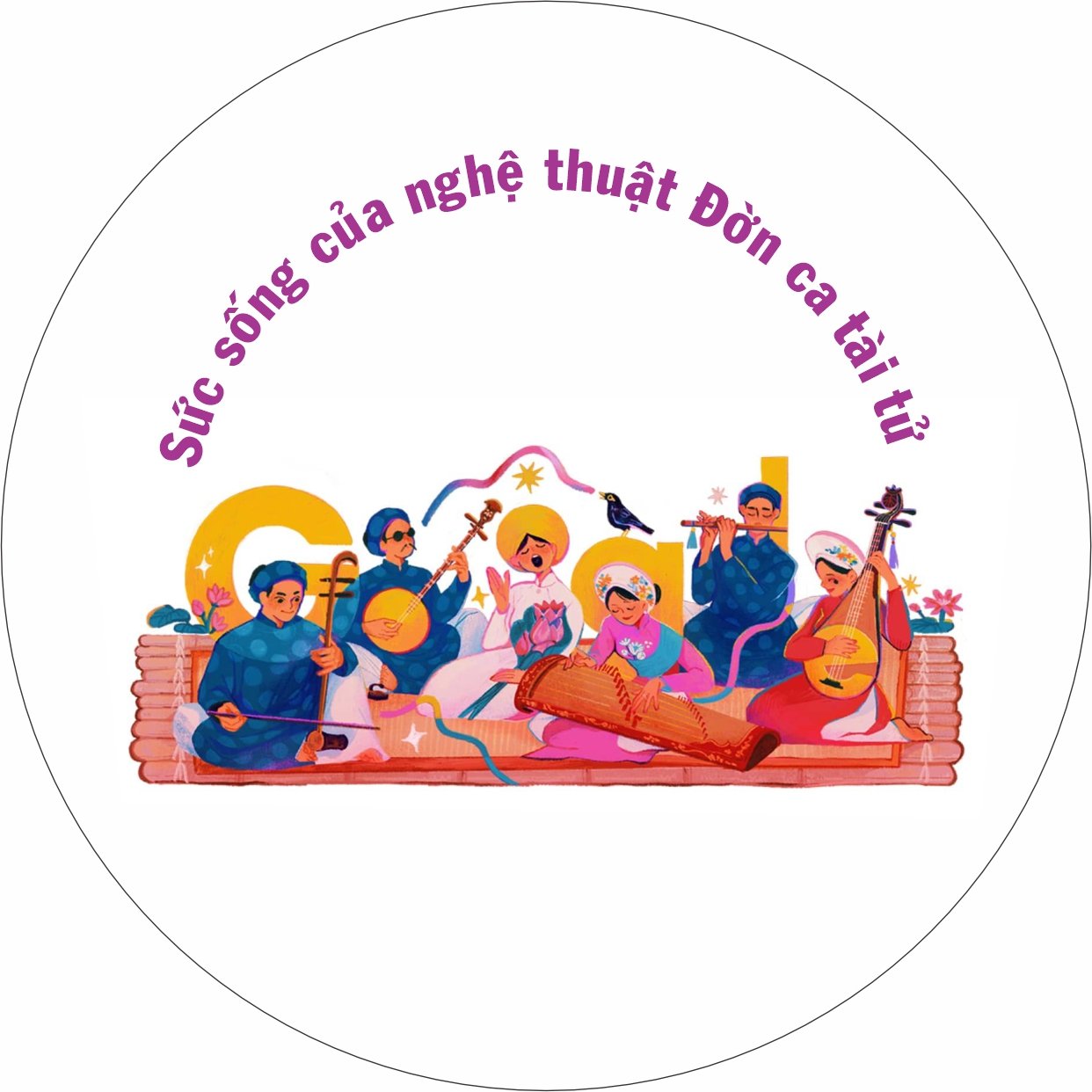

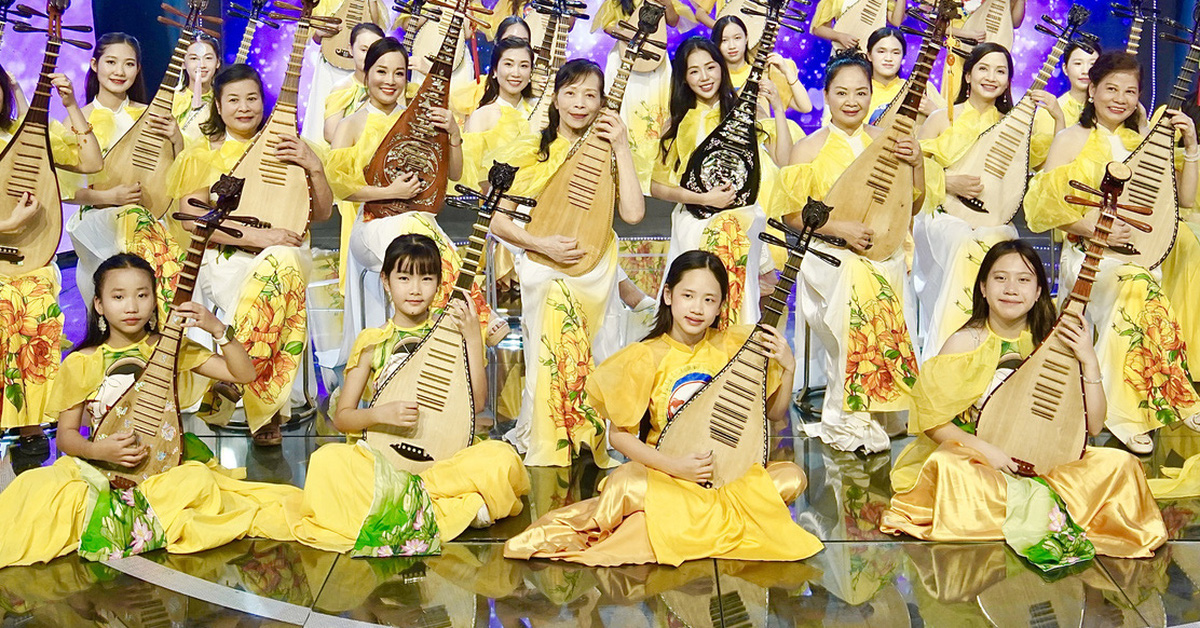



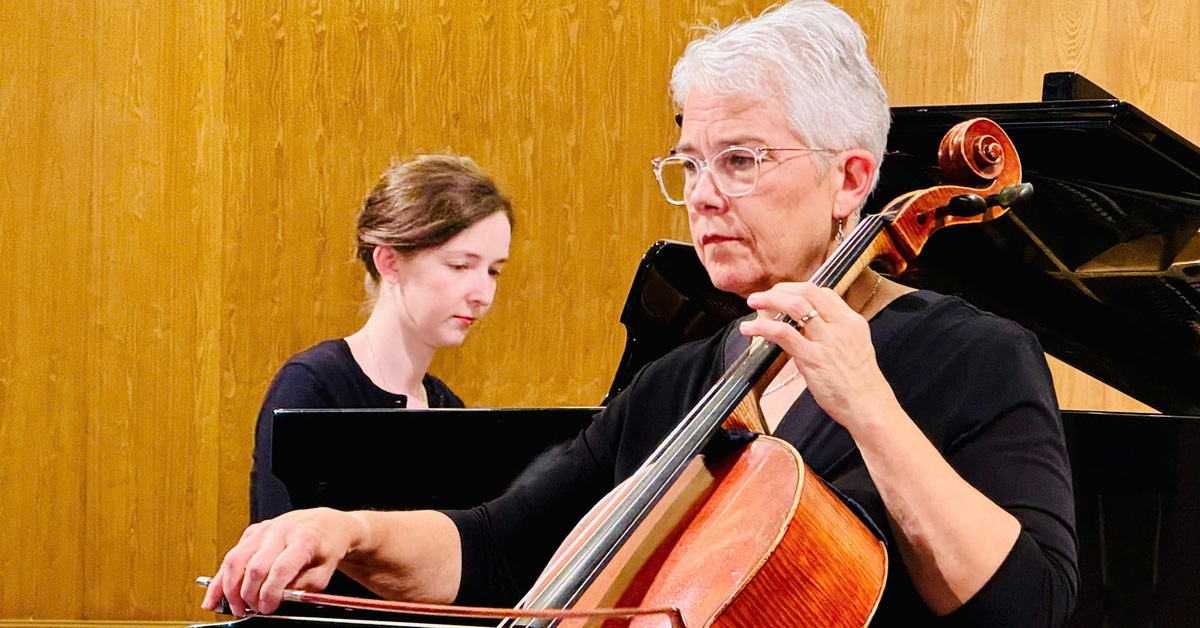












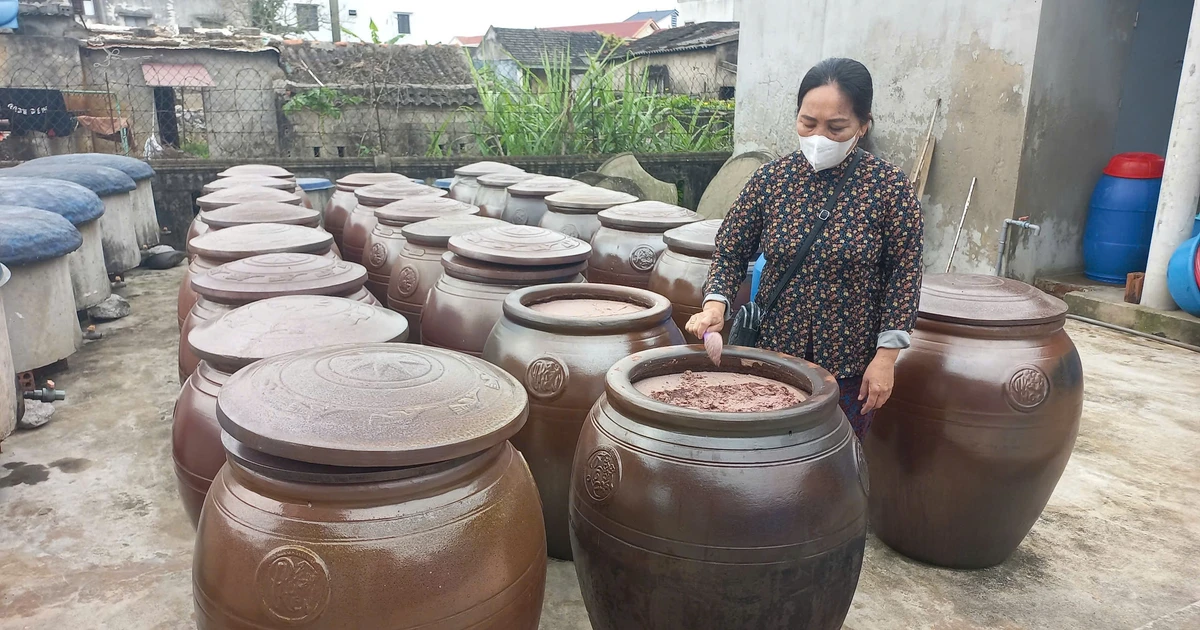


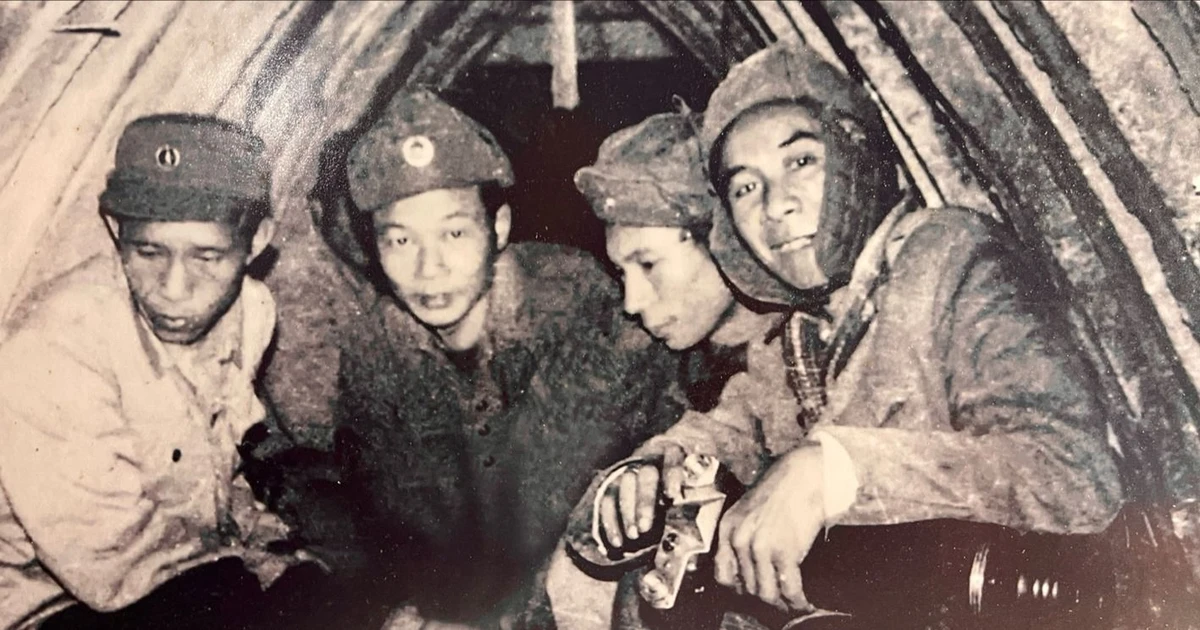
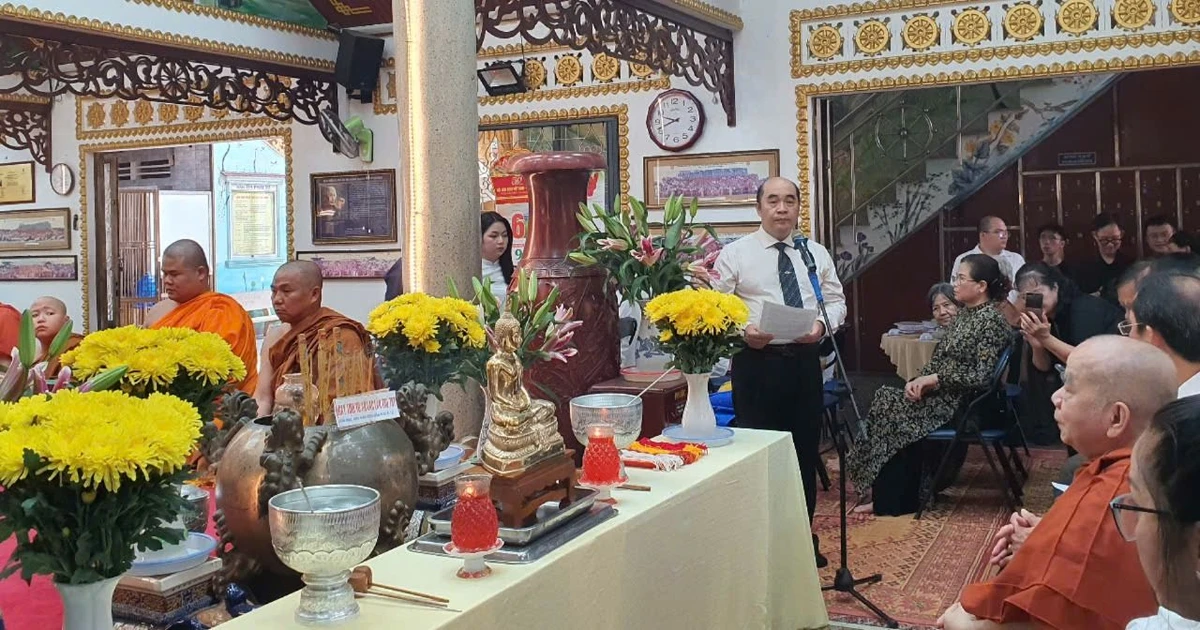









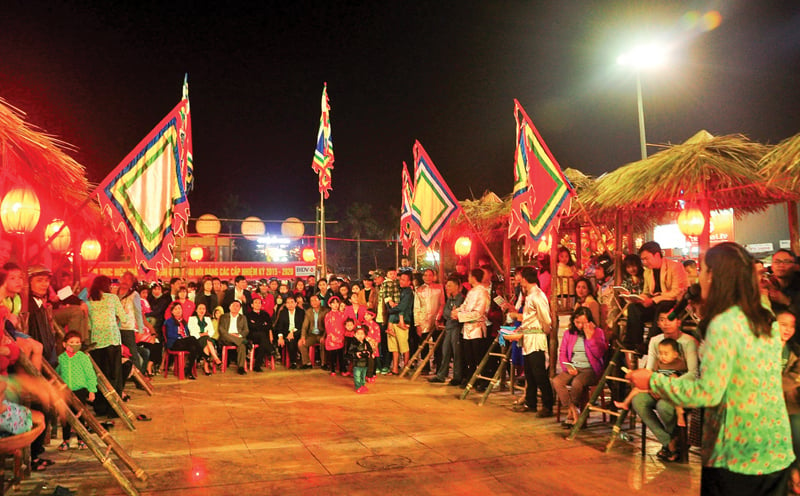




































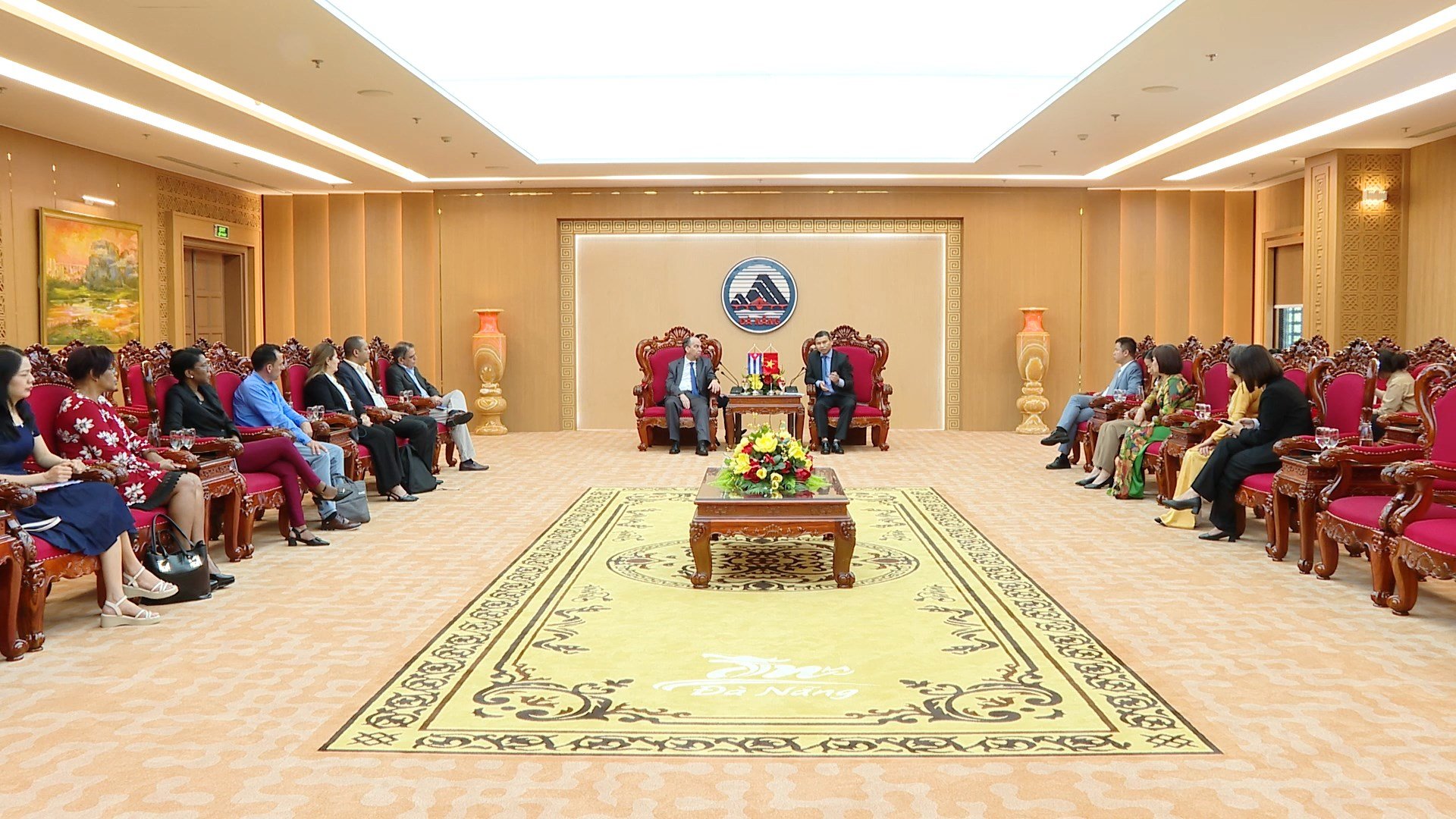















Comment (0)